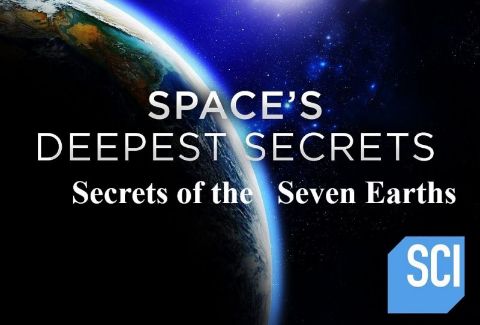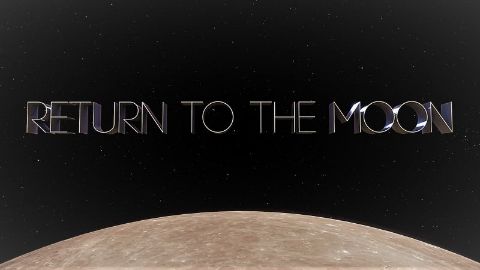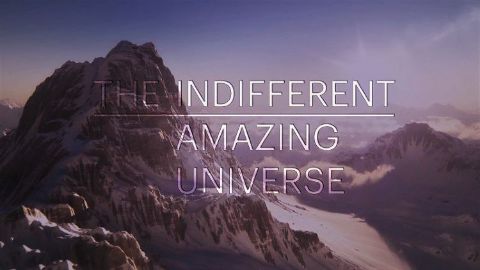Michio Kaku: The Universe in a Nutshell • Big Think
What if we could find one single equation that explains every force in the universe? Dr. Michio Kaku explores how physicists may shrink the science of the Big Bang into an equation as small as Einstein's "e=mc^2." Thanks to advances in string theory, physics may allow us to escape the heat death of the universe, explore the multiverse, and unlock the secrets of existence. While firing up our imaginations about the future, Kaku also presents a succinct history of physics and makes a compelling case for why physics is the key to pretty much everything.
Make a donation
Buy a brother a hot coffee? Or a cold beer?
Hope you're finding these documentaries fascinating and eye-opening. It's just me, working hard behind the scenes to bring you this enriching content.
Running and maintaining a website like this takes time and resources. That's why I'm reaching out to you. If you appreciate what I do and would like to support my efforts, would you consider "buying me a coffee"?
Donation addresses
BTC: bc1q8ldskxh4x9qnddhcrgcun8rtvddeldm2a07r2v
ETH: 0x5CCAAA1afc5c5D814129d99277dDb5A979672116
With your donation through , you can show your appreciation and help me keep this project going. Every contribution, no matter how small, makes a significant impact. It goes directly towards covering server costs.






